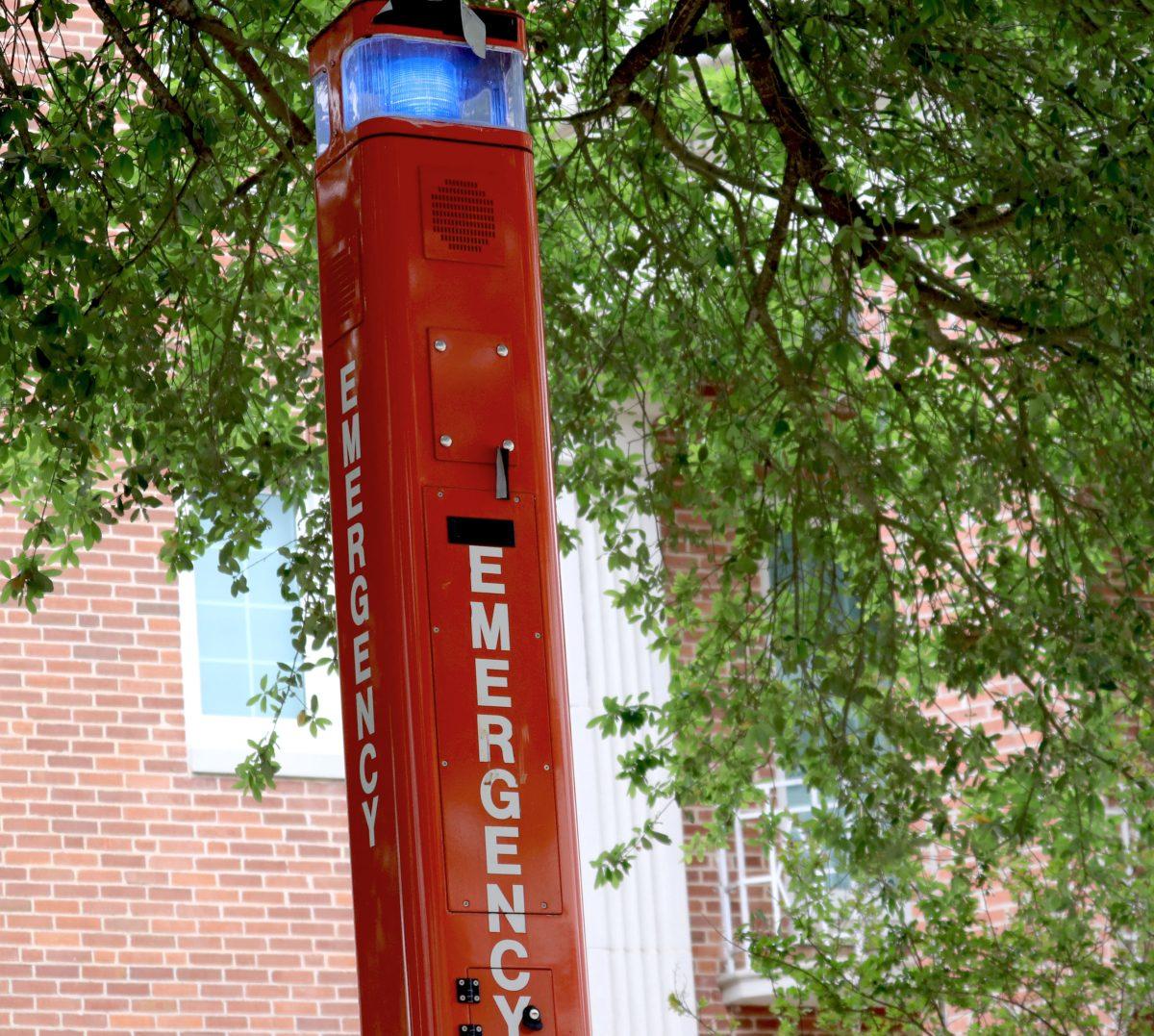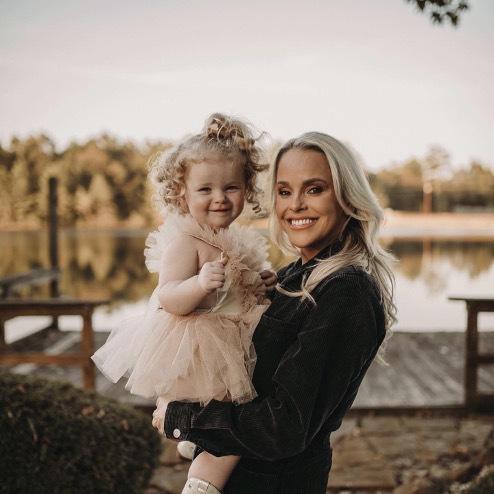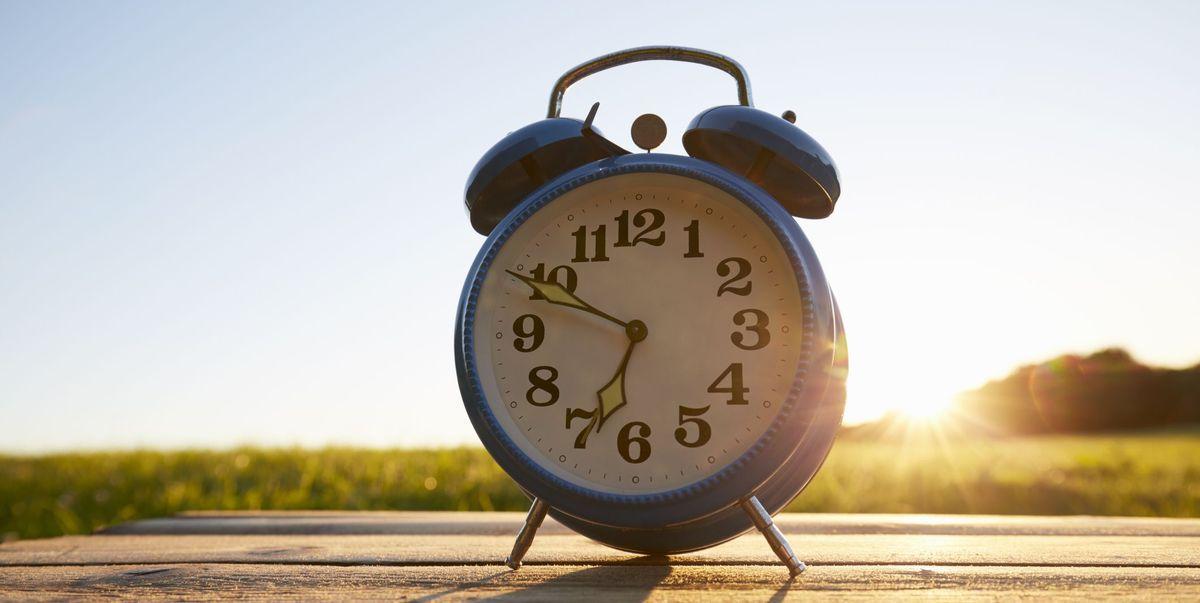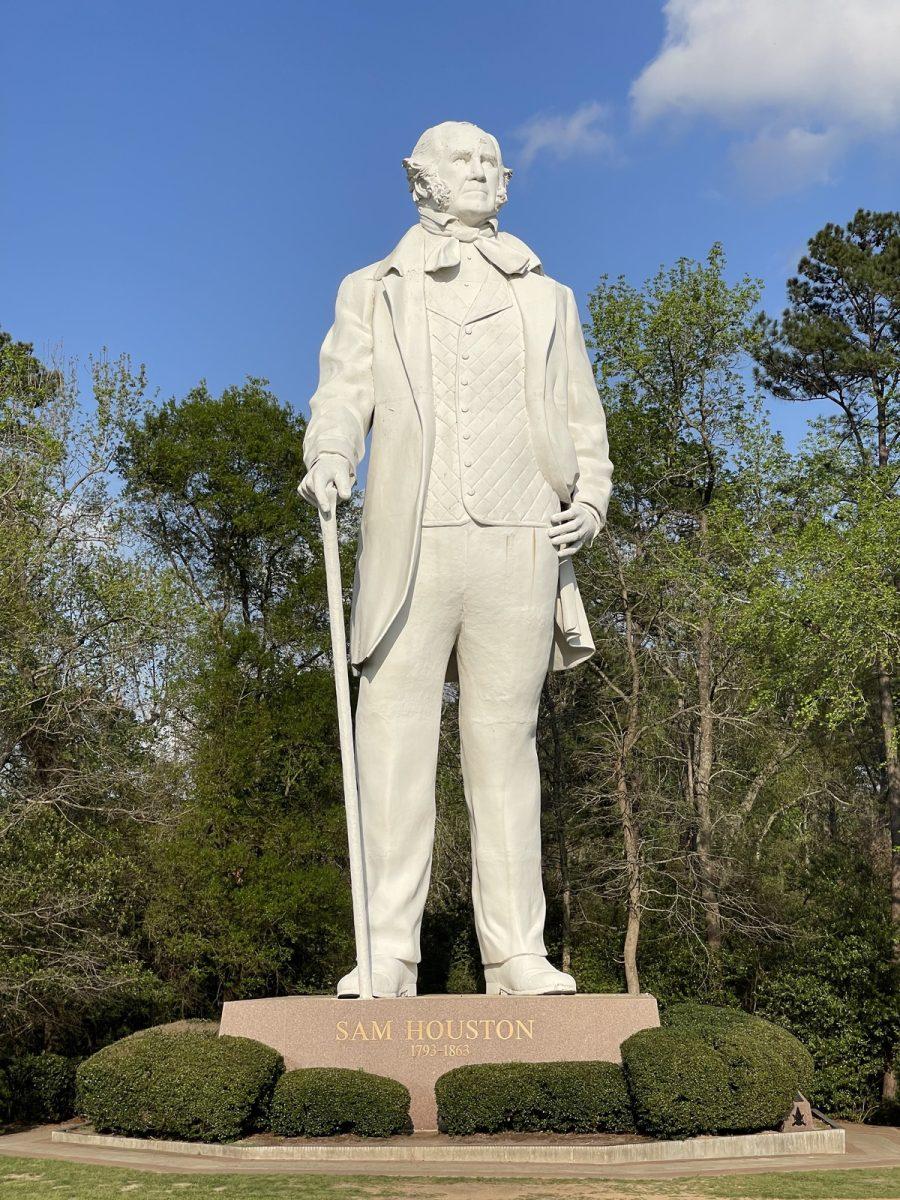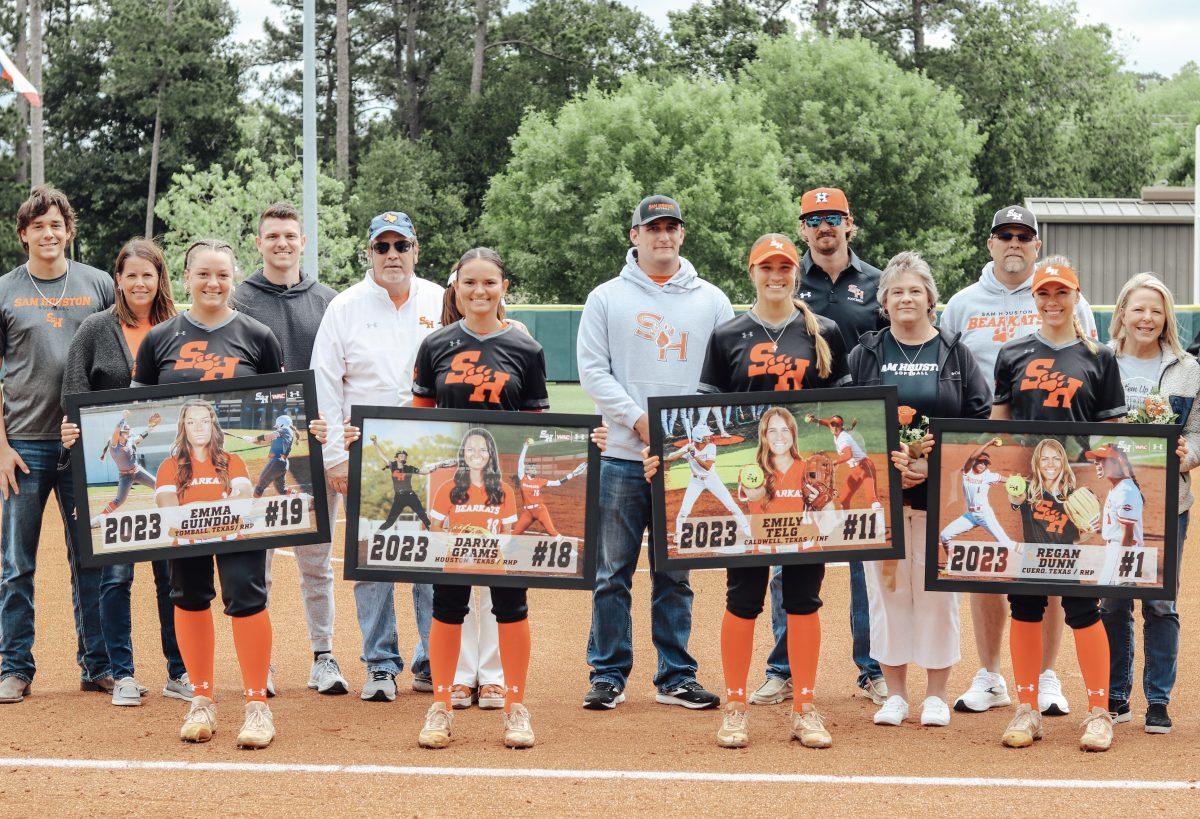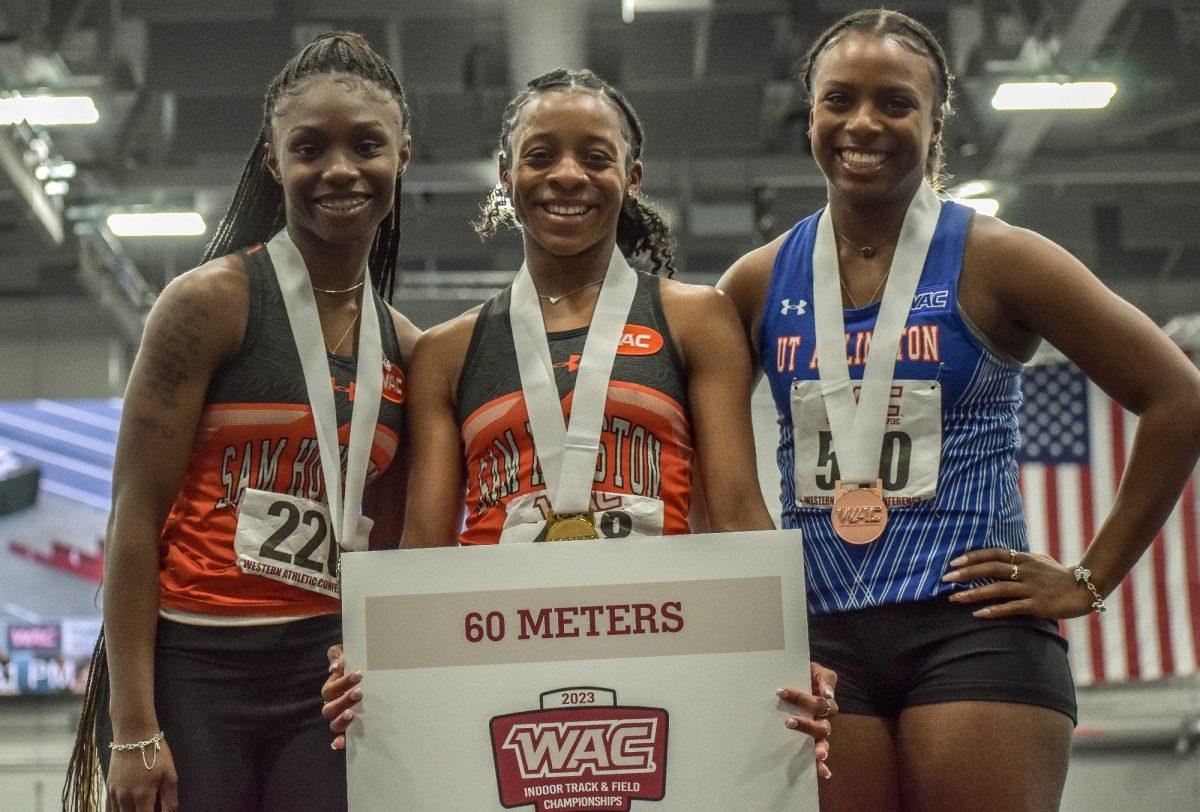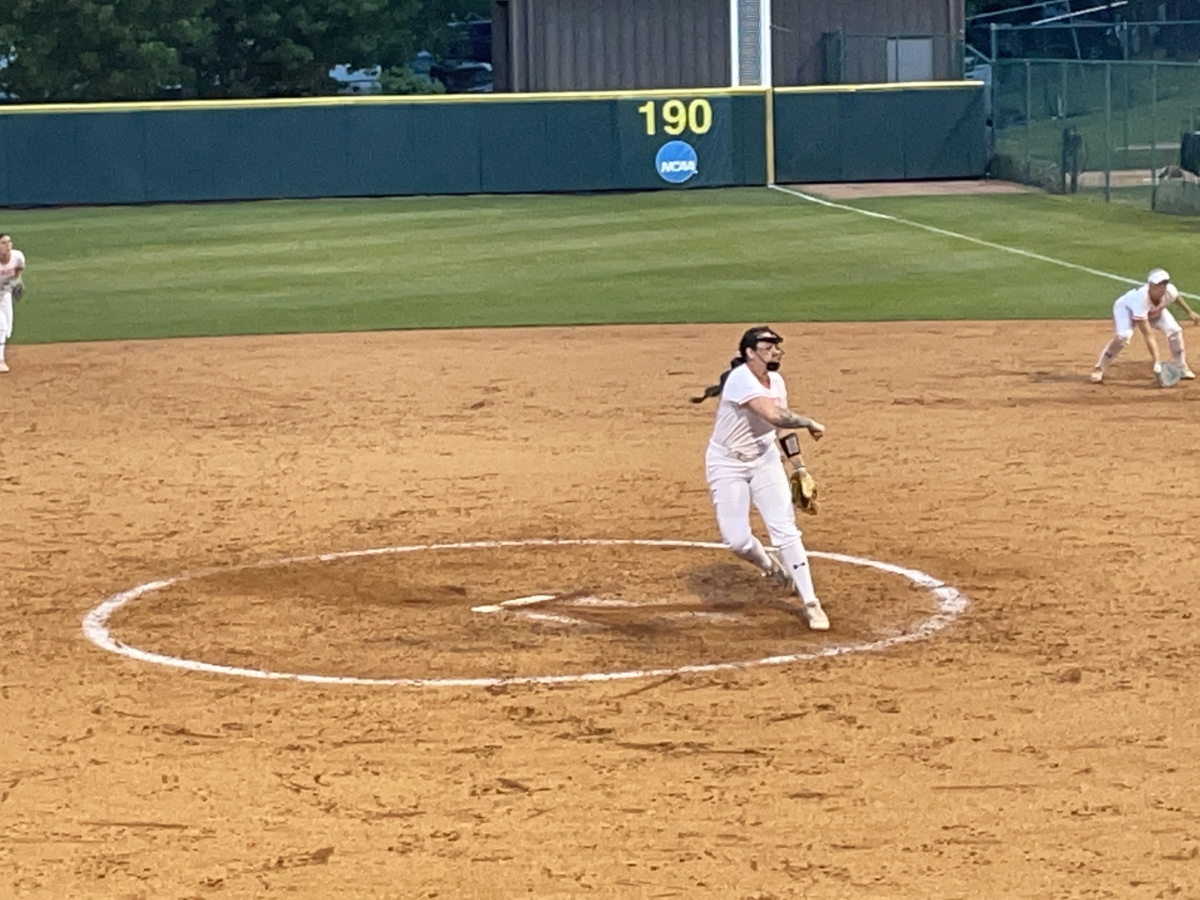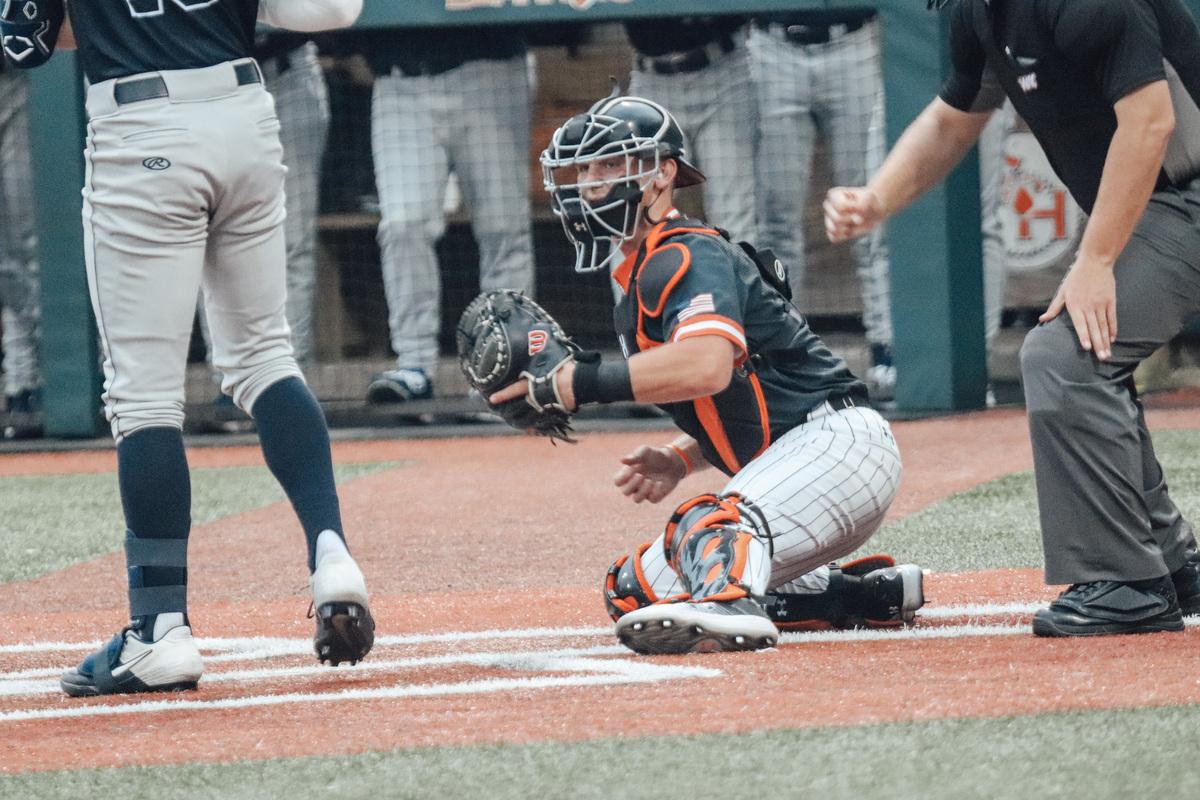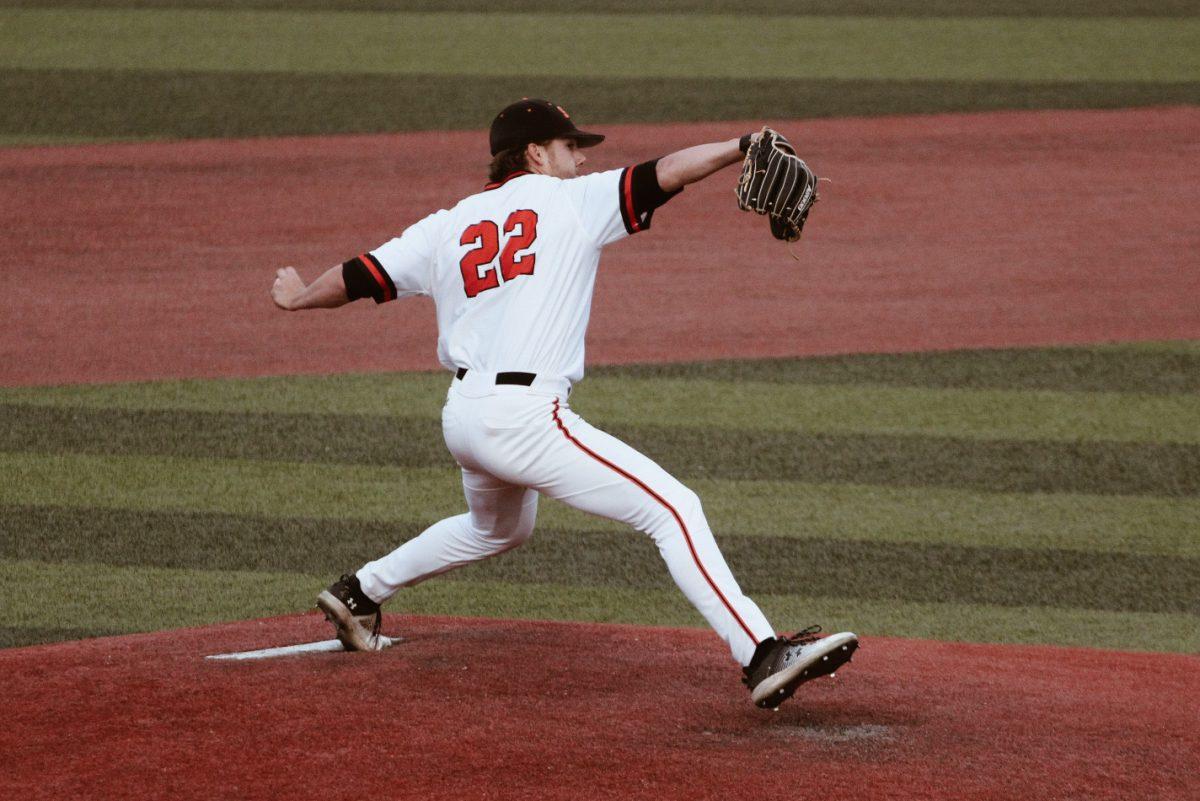The Sam Houston State University Bearkats kick off their season September 8th against the Prairie View A&M Panthers, and head coach K.C. Keeler is getting his team acclimated to the new NCAA rule changes that go into effect this season.
Play Clock After Touchdowns/Kickoffs: After touchdowns and kickoffs, the play clock will now be set at 25 seconds instead of 40.
This is an attempt to increase the pace of play in college football. The average college football game now lasts almost three and a half hours. Many NCAA executives would like to see that number dropped. The NCAA isn’t the only group of people that would like a faster pace of play; fans do as well. Many believe that the drop in attendance and viewership of college football games last year has at least something to do with the speed of the game. I don’t think this rule will affect outcomes much, if at all, but it may speed up games a bit, and that’s something I support.
Keeler commented after a scrimmage last week that the team felt the impact of this rule change early on, barely getting their first play of the game off after the opening kickoff.
“I like the rule change,” Keeler said. “But it’s going to make you think a little bit.” “We snapped the ball at two seconds the first play of the drive.”
Kickoff – Fair Catch: A team can now fair catch a kickoff inside their own 25 yard line, and the ball will be placed at the their own 25.
With a lot of attention coming towards football because of potential brain damage and chronic traumatic encephalopathy (CTE), the NCAA is taking some preventative measures on kickoffs where a lot of the biggest collisions happen on the football field. Kickoff returns can be some of the most exciting plays in the game, especially for the Bearkats. They have All-Americans returning kickoffs—senior Davion Davis and junior Nathan Stewart. Kickoff returns are one of the most dangerous plays in the sport, so the NCAA implementing a rule in order to try and limit the number of kickoff returns makes sense. It should increase player safety, which is a good thing.
“They’re trying to protect the kids, and safety is a big issue,” Keeler said. “We tell our kids if the ball doesn’t have a big hang time let’s try to take it out, but if there is, let’s just fair catch it and take the ball at the 25.”
Instant Replay – 10 Second Runoff/Minimum Time for A Play: Any time the officials conduct a replay review in the last minute of the half there will be a 10-second run off following the review if the clock was running at the end of the play being reviewed. You can avoid the runoff by calling a timeout.
This is the most controversial rule change coming into the season, and I’m not in favor of it. This was a rule in the NFL last season, and it probably cost the Detroit Lions a game—and a playoff spot. In a game against the Atlanta Falcons, the Lions scored presumably the game winning touchdown with eight seconds left in the game. The play was reviewed and rightfully overturned to rule the receiver down just outside of the goal line. The Lions absolutely had enough time to run another play had the correct call been made on the field initially, but because of this exact rule, the Lions lost the game. Most teams in college football now run a hurry-up/ no-huddle offense to consistently get plays off in less than 10 seconds. This rule has no place in college football. I’m 100% against this, and I’m certain that it will affect the outcomes of games this season.
“We live in a two minute offense,” Keeler said. “When [the run off] happens, the fans are going to be like ‘What just happened’ and you know what the coaches are going to be saying ‘What just happened.’ Until you live through it, you don’t even really understand what’s going on.”
There are a few other rule changes that address what is acceptable to be on a jersey or advertisements on the field that should not and will not affect the outcome of games. I’m not generally in favor of adding rules and/or making rules more complex because as a fan I do not want to see the game I love get over legislated with rules that don’t hold any value. Players should decide the game on the field, not rule changes made by a bunch of suits in the NCAA front office.


